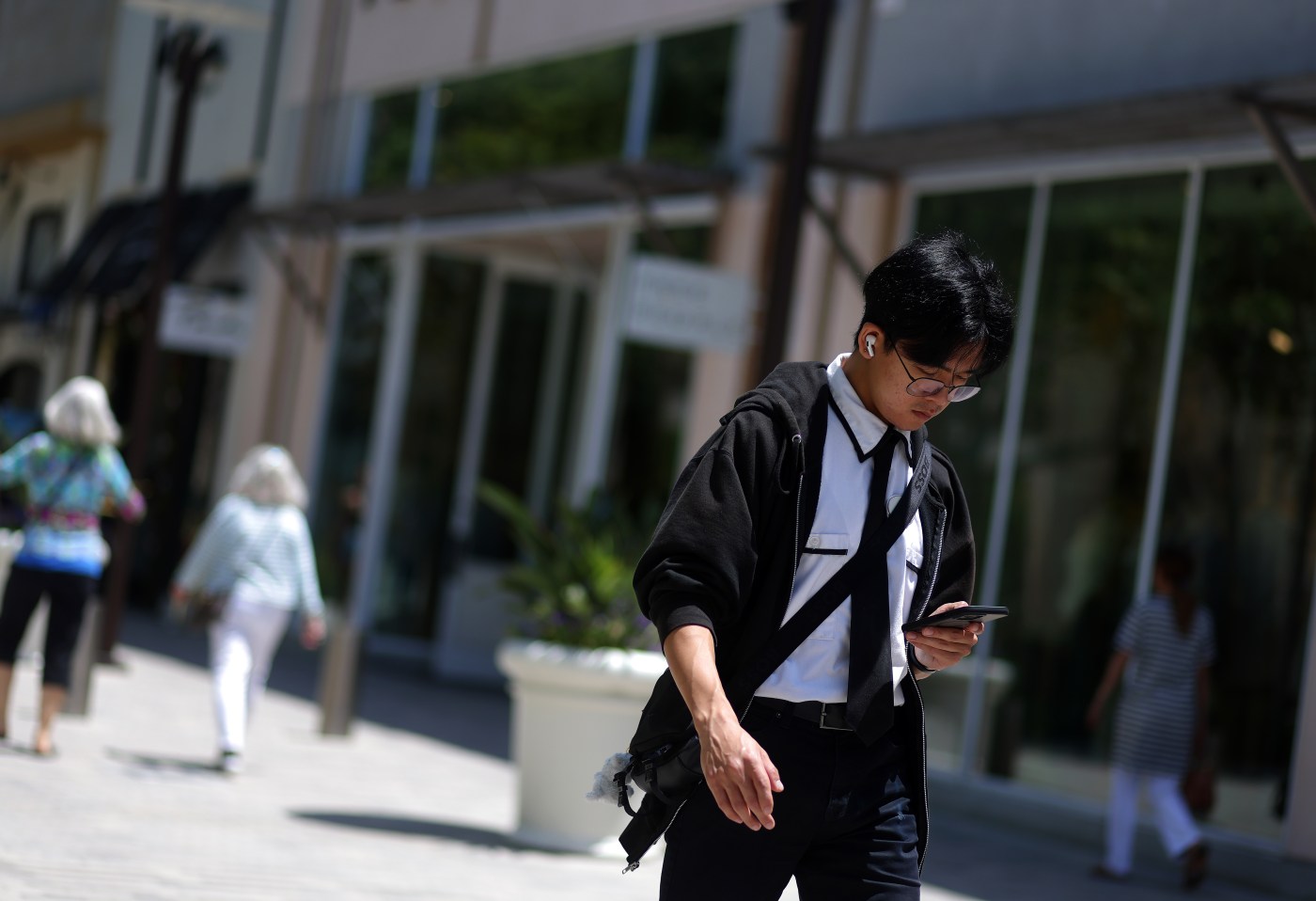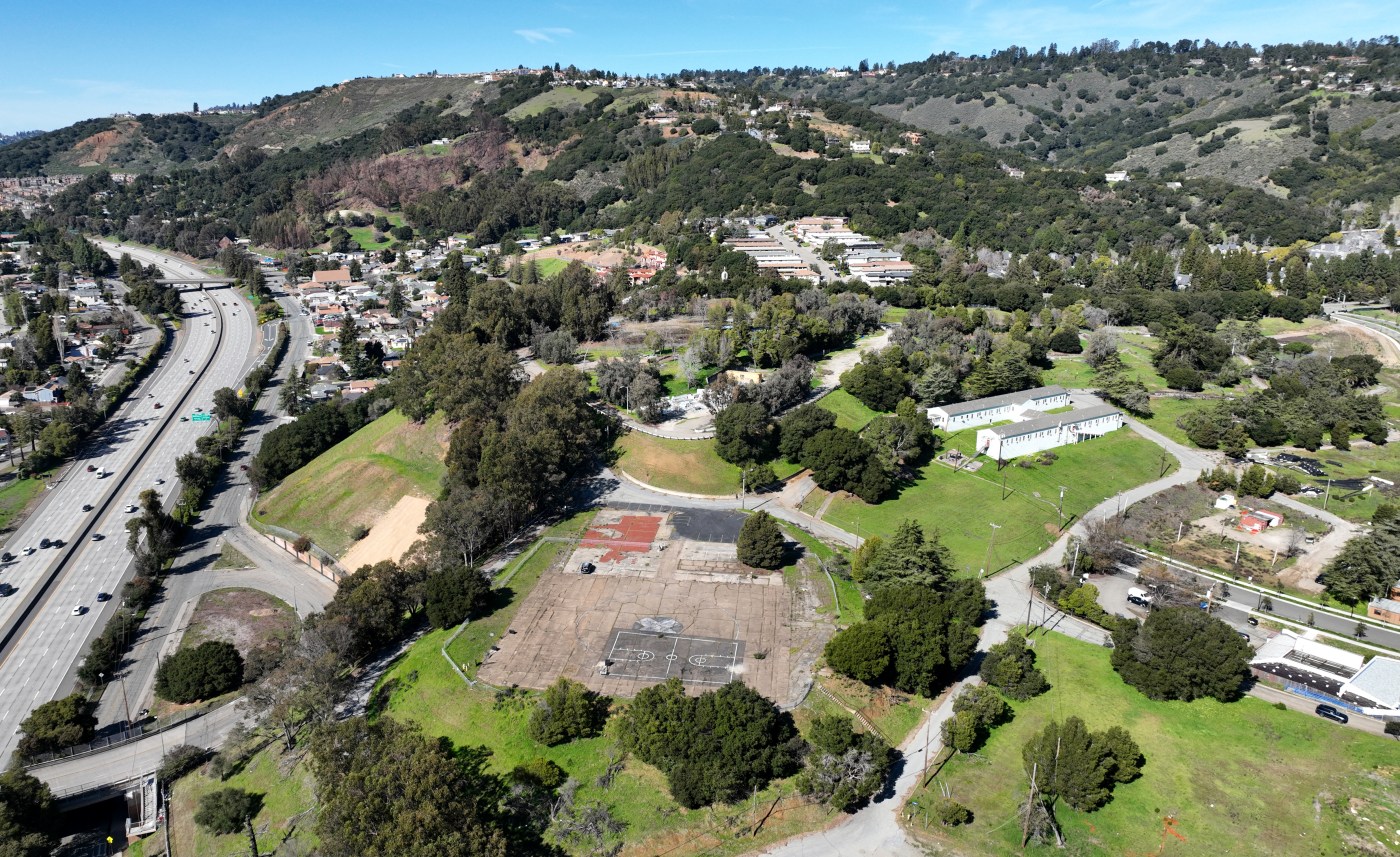Dan Goodin has been covering Silicon Valley’s internet security issues for two decades and if you ask him what he thinks about the Walnut Creek Chamber of Commerce’s plans to track the locations of visitors in town, he has this to say:
“It’s just super creepy.”
Arrivalist, the cyber location company partnering with the chamber of commerce, will be using data from cell towers, WiFi routers and “other means,” the company’s website says, to track the whereabouts of mobile devices from people coming into the East Bay city, for events, say, to hotels.
It doesn’t ask permission.
RELATED: If you’re in Walnut Creek for two hours, the city is tracking you. Should you be worried?
So, is there anything you can do to stop it?
Sort of. If you don’t want the information from your device “measured broadly in aggregate,” the company says, you can go to the Arrivalist website, scroll down, click and opt out. It essentially takes you to your phone’s settings and shows you how to block your location, as well as targeted advertisements from Arrivalist and any other data tracking companies. A step by step tutorial is below.
The company says it also is following California’s 2018 privacy law that requires extra protections. Along with forbidding the collection of real names, home addresses and other identifying information, the law specifically bans the collection of “physical location or movements.”
How Arrivalist is complying with the specifics of this law were not immediately clear. A demonstration during a Walnut Creek City Council meeting Tuesday tracked several mobile devices from Ohio to a Walnut Creek girls basketball tournament, then on to hotels.
When you land on the company’s home page, however, you will see what they are selling to its nationwide customers. Three maps chart the specific movements of motorists over Memorial Day weekend, in New York, Seattle and the Mountain West.
Its tracking system followed one customer’s journey, for instance, from Bozeman, Mont., to Jackson, Wyo., including a 10-hour stop in Yellowstone National Park, two nights at Old Faithful Inn (at $525 a night), a six-hour stop at Grand Teton National Park, two nights at Signal Lodge and a flight home from Jackson airport.
“Access an always on platform,” the website says to its customers, promising around-the-clock information.
Arrivalist didn’t immediately respond to an email Wednesday seeking comment.
Goodin, senior security editor at Ars Technica, a San Francisco-based Conde Nast digital publication, said that while it’s practically impossible to erase your digital footprint and become invisible to geotrackers and online advertisers, there is one key way to make it tougher for tracking companies to find you — block your location on your phone..
“You’re never going to get all of it,” he said, “But you should try to limit it anyway.”
So how do you block location-based ads?
If you have an Apple iPhone, iPad or iPod touch, go to “Settings,” then “Privacy & Security,” then “Location Services.” From there, either turn off Location Services, or select “App Store” or “News” from the list and set “Allow Location Access” to “Never.” Learn more about privacy and Location Services in iOS and iPadOS.
For Android phones, open the “Google Settings” app, tap “Ads,” then locate your “advertising Id” and go to https://reports.arrivalist.com/opt_out/new and click opt out.





